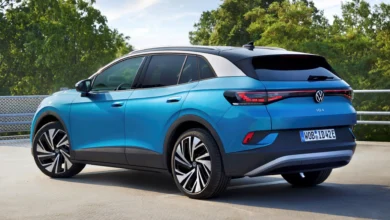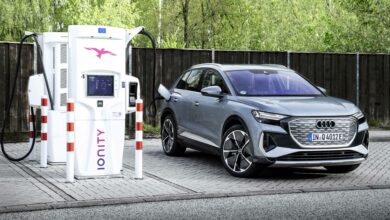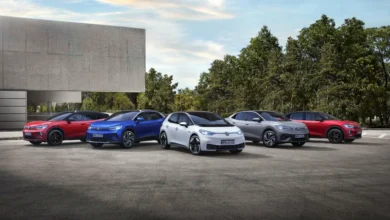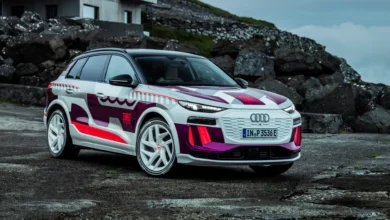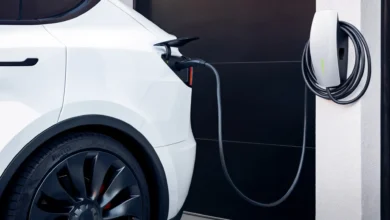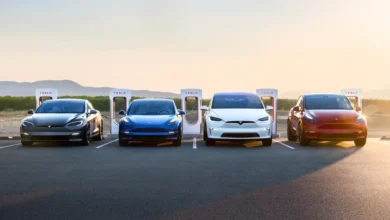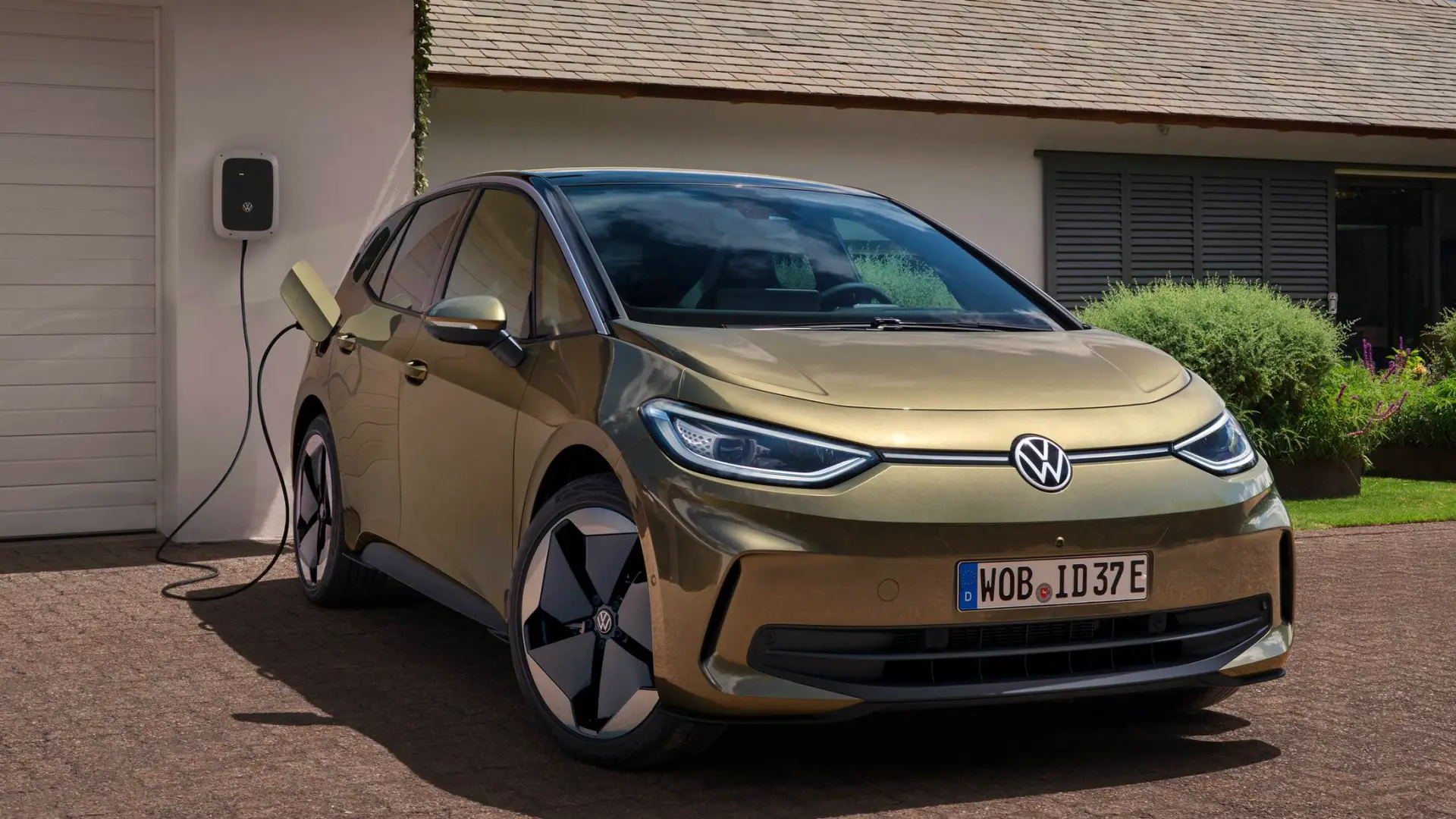
From the beginning, Volkswagen has been one of the companies that are investing the most in the development of sustainable mobility. Those from Wolfsburg, under the command of Herbert Diess, stepped on the accelerator in their strategy, although reality has ended up prevailing over hopes. Despite not-so-positive beginnings, the Volkswagen Group increases its sales target for electric cars by the end of the decade. By then they expect 80% of registrations to be 100% electric cars.
Just two years ago, the former CEO of the German conglomerate introduced the Accelerate strategy. By then, Diess revealed the great importance of electricity in the company’s profit margin. However, the expectations were much higher than what the Volkswagen Group finally ended up achieving. Last year electric car sales accounted for 10% of registrations, a figure lower than expected. Despite this, the new challenge is to improve the 70% forecast for 2030, reaching 80% of the total volume in Europe.
Thomas Ulbrich, head of the new mobility business area within the Volkswagen group, has been in charge of announcing the brand’s new challenges. The objective is to add among all the volume companies of the conglomerate: Volkswagen, Audi, Skoda, and CUPRA. Ulbrich has commented: “The VW brand has always been at the forefront of these issues in the group and we feel compelled to set our targets just as high.” to support several critical pillars.
The first is the first. Volkswagen has to solve two big problems that are giving it a headache: semiconductors and software. Although in the second half of the year, we will begin to see the light at the end of the tunnel in the already persistent crisis of components, the development of the computer module for electric vehicles is taking another path. Cariad is the subsidiary company in charge of creating the code for all the group’s electrics based on electric platforms. The delays are considerable, and because of it, launches as important as the Porsche Macan or the Audi A6 e-tron has been postponed.
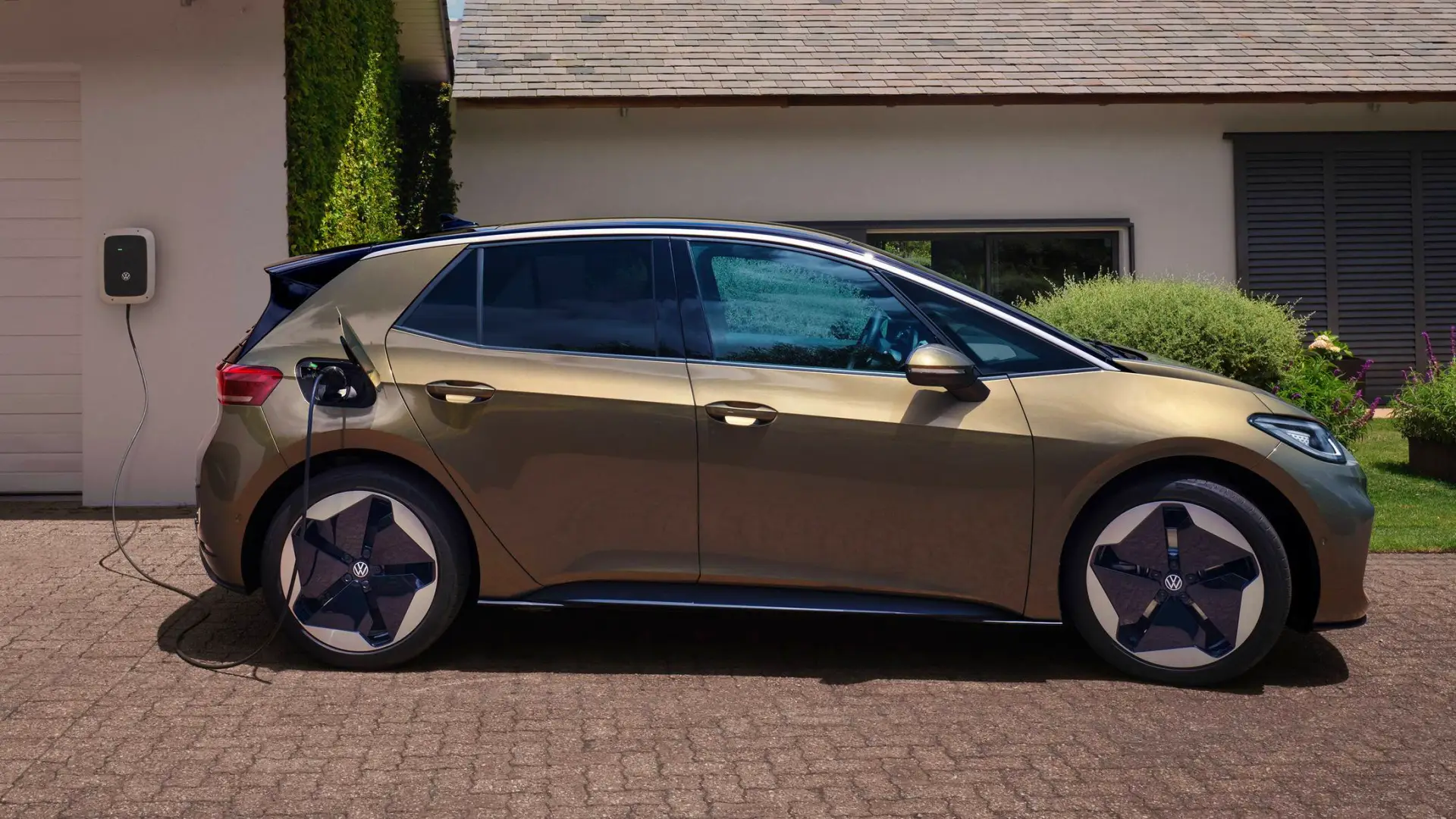
Once these obstacles have been overcome, the next objective is to improve the ID range and integrate it in a different way within the Volkswagen portfolio. The parent brand opted to separate the range and now, under Oliver Blume, the strategy appears to be changing. The Germans want to take advantage of the commercial pull of iconic models such as the Golf or the Tiguan and that is why we will see 100% electric models supported by that nomenclature. Volkswagen has already confirmed that both models will arrive to reinforce the electric strategy. The problem now is what to do with the Volkswagen ID.3 and ID4. Everything indicates that they can get a little hung up.
Development of new electrical and scale production. This is where the key to everything is. The Volkswagen Group has different projects underway, such as the MEB+ platform that they have already presented a long time ago. The use of resources by all brands is as essential as the increase in manufacturing volume. The huge Wolfsburg plant will start producing electric cars this year. In parallel, battery assembly centers will be built throughout Europe. Different locations such as Sagunto, in Valencia. With all this, the Germans have the possibility of achieving their objective, although it will not be easy. In the coming years, a strong increase in rivals is expected, especially from China.
